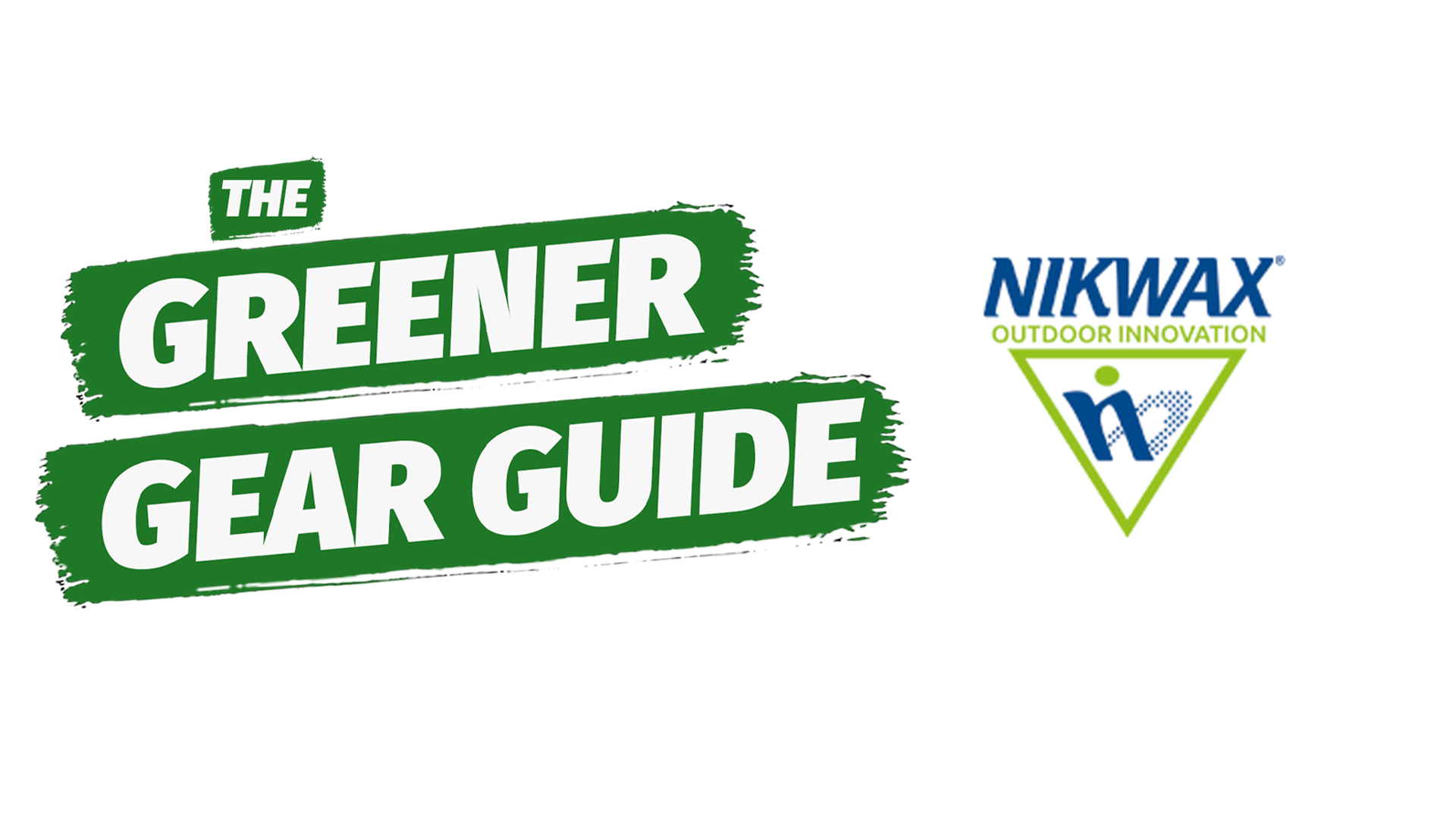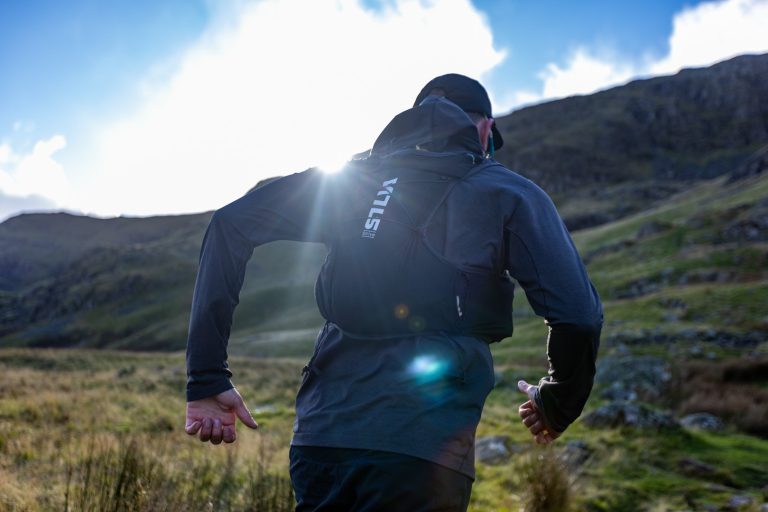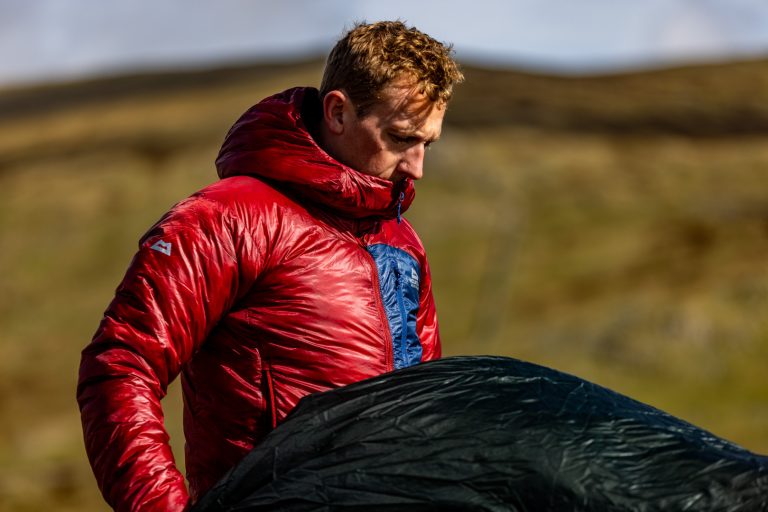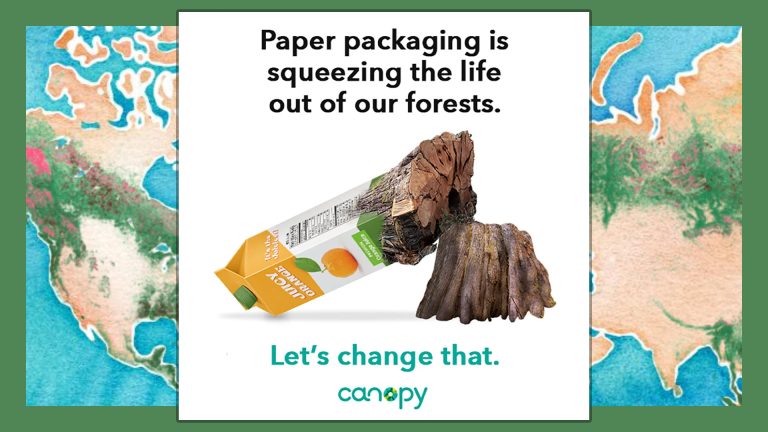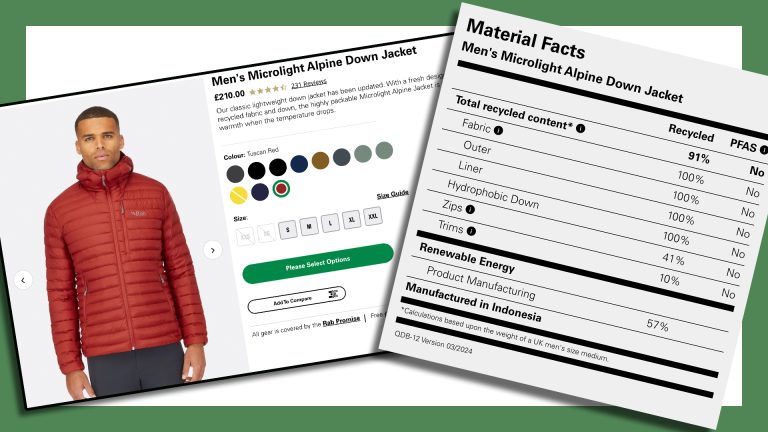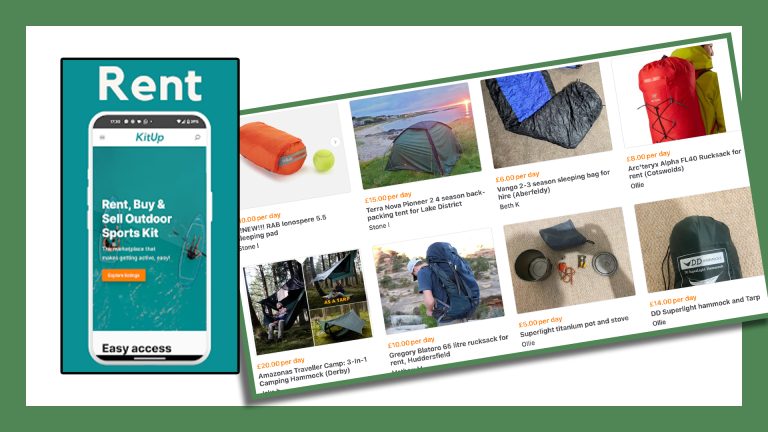Founded in 2001, Swedish brand Icebug made a name for themselves by pioneering a steel stud traction system in their shoes designed to counter a very Scandinavian problem: slipping on icy surfaces. Since then, Icebug has grown into a successful outdoor footwear brand whose aim is to make products that add value to peoples’ lives. In recognition of the earth’s role as a stakeholder, they do not set growth targets, aligning their business model with meeting legitimate need rather than driving consumption.
With a long-term target of halving their emissions by 2030, Icebug set about finding scalable solutions to its environmental impact. A key area identified for improvement was power in production, specifically in their factories located in Vietnam where the majority of the brand’s production is carried out. Icebug found that over 85% of their Greenhouse Gas emissions happened before their products had even left the factory gates, and that energy consumption in their Vietnam grid comprised around 70% fossil fuel sources. Vietnam, they noted, also gets a lot of sunlight. SOLROS – the brand’s renewable energy scheme – was launched.
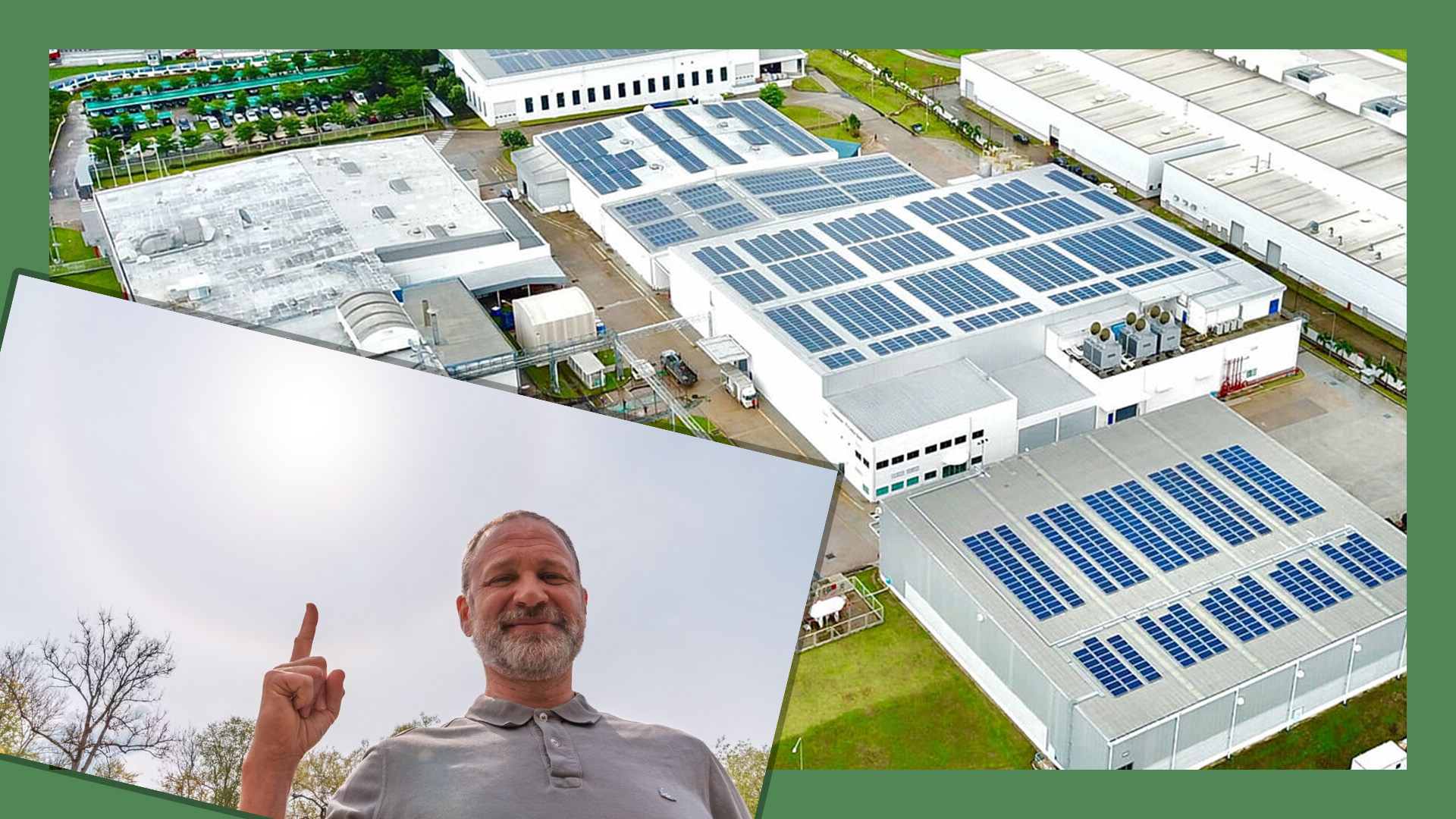
Joining forces with Arc’teryx, Columbia, Gap, Lululemon and retailer Target, a pilot project was launched to install solar rooftops on factories serving the apparel industry – one of the world’s most energy-intensive sectors. The pilot found that solar rooftops could provide 25-75% of the electricity needs of the factories tested, with the potential to reduce 17- 67% of their annual carbon footprint depending on factory size and location. Though not without its obstacles, the pilot was ultimately successful and the path to a fully-decarbonised supply chain began to look a little clearer.
21 months on from that initial pilot, nine factories in Vietnam are in the final contract negotiation process for installing solar rooftops. Three of them are Icebug’s Tier-1 factories. Factories involved in the scheme have two options for involvement, either purchasing the entire system and managing it themselves, or the option to use a Power Purchase Agreement, where they commit to buy the electricity that the solar system delivers, but the system is maintained by the provider. The latter means that factories can actually start to save money on power without any investment and have increased energy independence from the start. For Icebug and other brands joining the SOLROS scheme, the returns are in a reduced product carbon footprint, becoming a forerunner in the race to switch to renewable energy, and helping to safeguard the future of the planet.
Find out more about the project at icebug.com

